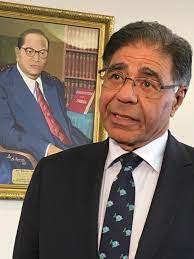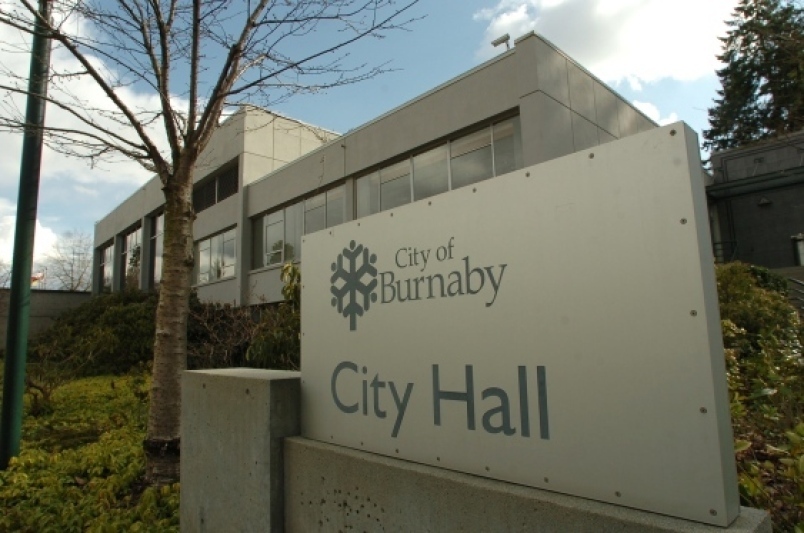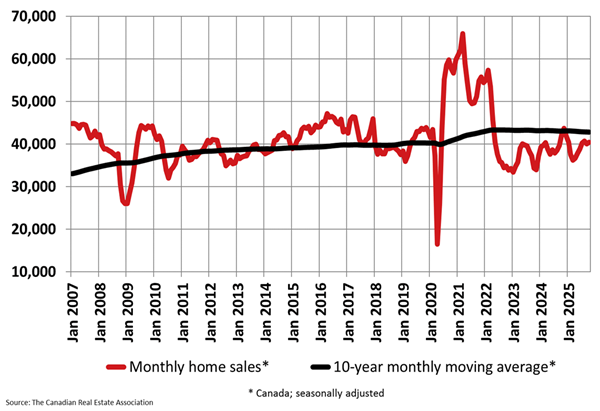The caste system is a rigid South Asian social structuring system that has existed for thousands of years, and separates people into different social groups based on a hierarchy at birth.
By Shilpashree Jagannathan – Local Journalism Initiative
Burnaby council has voted to add caste as a protected category in the city’s code of conduct.
The motion, proposed by Councillor Sav Dhaliwal on Monday, was passed unanimously.
This follows two other recent steps in Canada to specifically ban caste-based discrimination.
Last month, the B.C. Human Rights Tribunal penalized two people for using slurs against a person belonging to a low caste. In March, the Toronto District School Board voted to add caste as a discriminatory category in its policies.

“I thought things are better in Canada. It was naive of me to believe so. I was made aware of people continuing to practice caste and was very disheartened to know,” said Burnaby councillor Sav Dhaliwal.
“At Burnaby city council, we have included other categories of discrimination based on colour, last name, gender, faith and religion. Now caste will also be included.”
“As a minority, I understand what it means to be discriminated, as I have experienced it myself. To learn that we are discriminatory is not ok, so we had to take some measures to include caste as a protected category,” he added.
Dhaliwal said he has been tracking recent developments like Seattle banning caste-based discrimination and the B.C. tribunal case.
“These recent developments, of course, spurred action on our part. We hope more city councils in Canada will adopt similar action to ban caste,” Dhaliwal said.

The caste system is a rigid South Asian social structuring system that has existed for thousands of years, and separates people into different social groups based on a hierarchy at birth. A person’s caste can be identified by their last name, family background, food habits, occupation, or racial profile.
People in “lower castes” have historically been relegated to jobs that are deemed menial, and are afforded lower social status.
Burnaby council will create a policy framework to teach its employees, councillors, and managers about what caste is and how discrimination based on caste looks. Staff will be trained to make watch for caste bias in internal city policies, hiring, promotion, rewards and wages.
Caste-based policy changes have seen some opposition from some South Asian groups. Canadians for Hindu Harmony and Canadian Organization for Hindu Heritage Education said they oppose caste-discrimination being added to official policies because there is no data showing caste discrimination among South Asians in Canada. The groups believe current laws are adequate to address such bis and feared policies would paint South Asians as bigots.
“I don’t expect any pushback,” Dhaliwal said. “The city of Burnaby is quite progressive. In the event of any pushback, we will stand our ground. The city councillors have been sensitized about the issue, we have had these conversations, so we are aware.”
Shilpashree Jagannathan is a Local Journalism Initiative reporter with New Canadian Media. The Local Journalism Initiative is funded by the Government of Canada.

















3 Comments
Fire Fighter Badge
3 months agoThank you for addressing this topic. It’s very relevant to me.
fdertol mrtokev
3 weeks agoYou actually make it seem really easy along with your presentation however I in finding this matter to be really one thing that I feel I might by no means understand. It sort of feels too complicated and extremely broad for me. I’m having a look forward on your next post, I?¦ll attempt to get the hold of it!
abogado laboral
3 days agoexcellent post.Ne’er knew this, regards for letting me know.